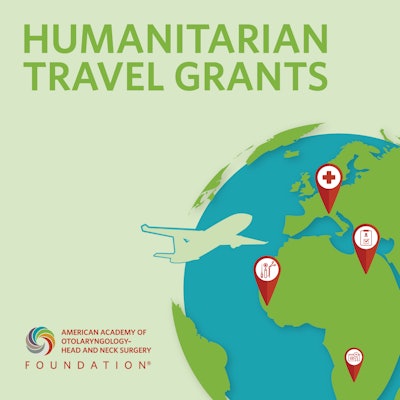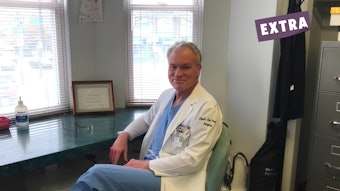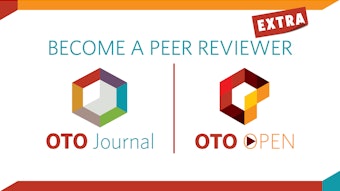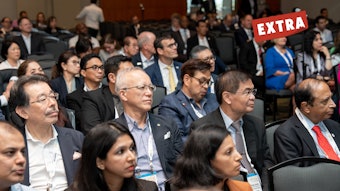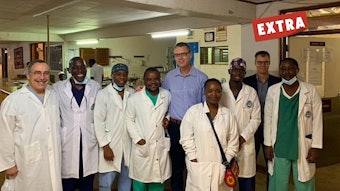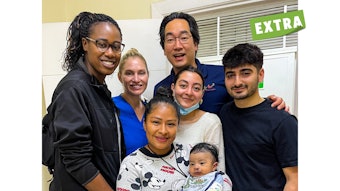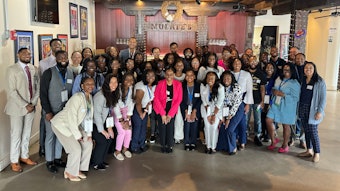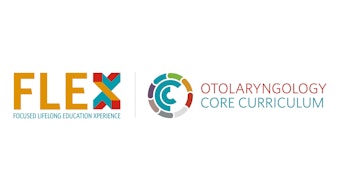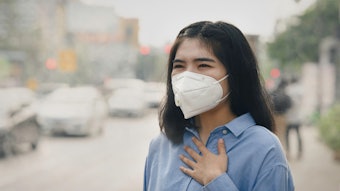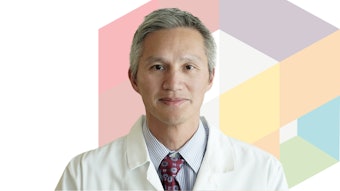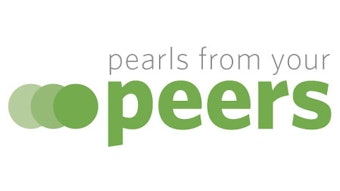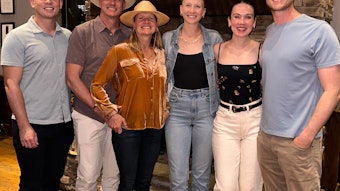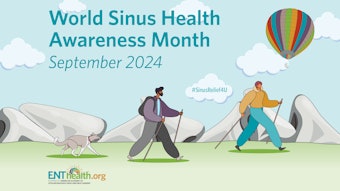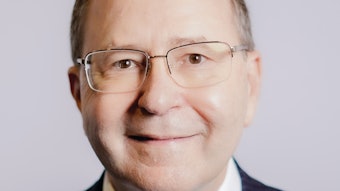AAO-HNSF Humanitarian Travel Grant Report: Calapan, Philippines
Doing little things together with great love can change lives. During their weeklong trip, a small surgical team from New Jersey operated on over 100 underserved patients in the Philippines.
Luke T. Stanisce, MD
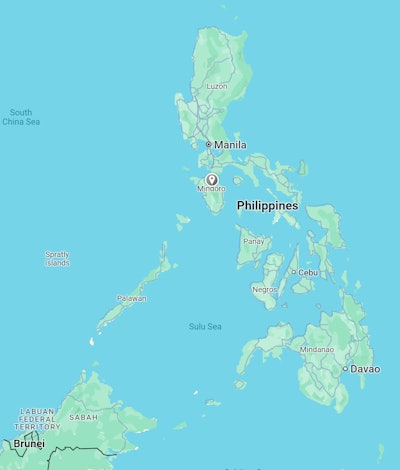
Our medical mission took place in the city of Calapan in the province of Oriental Mindoro, Philippines. The trip was organized by a group of New Jersey physicians and their families who have an established relationship with a group of local physicians and surgeons, as well as a local Catholic parish. Our trip encompassed three sites: Mindoro Medical Group Hospital, Maria Estrella General Hospital, and an impromptu medical clinic assembled at a local church.
Seventy healthcare and non-healthcare professionals from the states of New Jersey, Pennsylvania, and Georgia gathered to provide medical and surgical care to the underserved people of Oriental Mindoro, with a particular emphasis on serving indigenous people of the Mangyan ethnic groups. Our head and neck surgical team comprised three surgeons from the United States: Samir V. Shah, MD, attending surgeon and managing partner at Advanced ENT in Voorhees, NJ, Nadir Ahmad, MD, division head of otolaryngology-head and neck surgery at Cooper University Hospital (Cooper) in Camden, NJ, and the author, Luke T. Stanisce, MD, who is chief resident at Cooper. We were joined by four general surgeons from Pasig City General Hospital in Manila, Philippines, as well as local staff at each hospital.
Our head and neck team mostly focused on the surgical treatment of patients with both thyroid malignancies and sizable multinodular goiters; the latter are abundantly prevalent, probably owing to a lack of systemic salt iodination and the prevalence of goitrogenic foods. Many days offered unexpected challenges, such as difficult airways, limited equipment, and unexpected intra-operative findings.
To provide care to as many people as possible, we routinely operated into the late evening hours, and often 12 to 14 hours at a stretch. Despite any adversity, there was an unwavering sense of dedication and energy in our team. The fortitude and immense appreciation demonstrated by each patient on morning rounds buoyed our inherent sense of duty and service. Even when faced with formidable barriers to receiving maintenance treatment, adjuvant therapy, or prolonged surveillance, each patient exhibited steadfast resolve. By the end of the week, our outreach group operated on over 100 patients, 25 of which were performed by the head and neck team. Moreover, our medical counterparts triaged and treated over 1,400 patients.
Although our contributions are minor in comparison with the work that still needs to be done, these efforts were immensely gratifying. Simultaneously learning from and teaching the local surgical teams offers hope of creating a lasting impact beyond the week of the trip. Doing these “little things together with great love” inspires our commitment to achieve great things. I am appreciative of the generous travel grant from the AAO‐HNSF Humanitarian Efforts Committee that permitted my participation in this trip.
